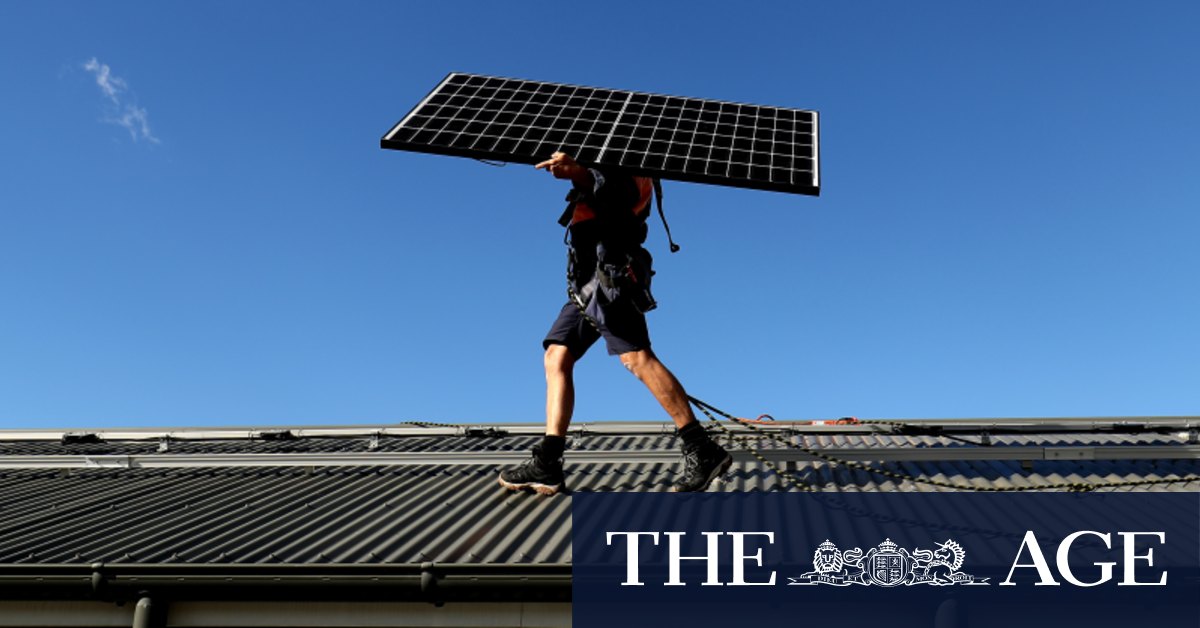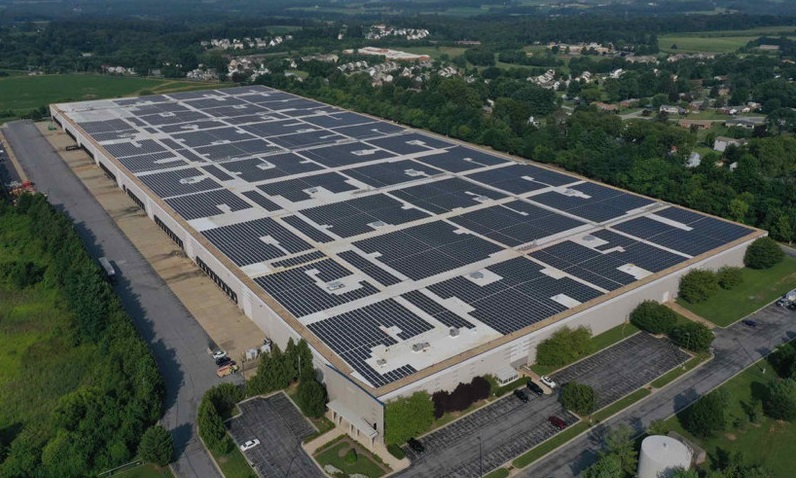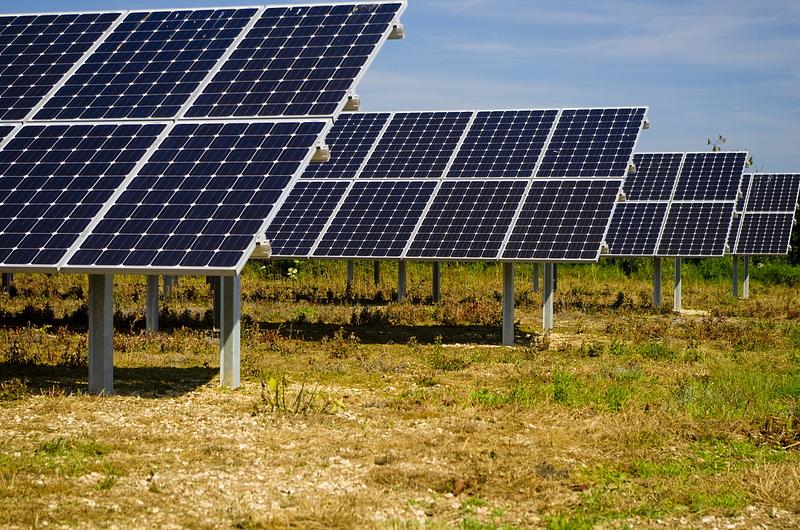Australia is confronted with a pressing issue as the volume of retired solar panels outpaces recycling capacities, leading to a looming environmental challenge. The surge in solar waste has prompted urgent calls for expanded recycling facilities to mitigate the impending crisis.
Growing Solar Waste Concerns
Findings from the Australian Centre for Advanced Photovoltaics project a significant increase in the volume of retired solar panels in the coming years, posing a substantial recycling challenge. Nationally, it is estimated that by 2024, Australia will generate 50,872 tonnes of solar waste, projected to surge to 91,165 tonnes by 2035.
State-by-State Projections
Queensland, New South Wales, and Victoria are anticipated to witness substantial increases in solar waste, driven by the early adoption of rooftop solar systems. By 2030, Queensland’s solar waste is expected to rise to 27,053 tonnes, while New South Wales and Victoria are forecasted to reach 26,389 tonnes and 17,323 tonnes, respectively.
Dr. Rong Deng highlights that solar panels are being retired earlier than anticipated due to factors such as cost-effective replacements and technological advancements. While the technical lifespan of panels is 25 to 30 years, the practical lifespan in Australia ranges from 10 to 15 years.
Recycling Challenges and Innovations
Recycling solar panels poses economic challenges, with costs ranging from $500 to $1000 per tonne. However, advancements in recycling technologies offer hope for improved economics in the future. Victoria and South Australia have banned solar panels from landfills, yet recycling facilities remain limited.
Government Initiatives and Industry Response
Efforts to address the solar waste issue include Victoria’s $10 million “solar waste challenge” and research projects aimed at developing innovative recycling solutions. However, there is a need for increased investment and collaboration between industry and government to effectively manage solar panel waste.
Looking Ahead
As Australia grapples with the escalating volume of solar waste, there is a critical need for proactive measures to enhance recycling infrastructure and promote sustainable practices. The development of efficient recycling technologies and nationwide stewardship programs will be essential in tackling this growing environmental concern.
With the rapid expansion of solar energy usage comes the responsibility to manage its waste sustainably. Australia must prioritize investment in recycling infrastructure and technological advancements to ensure the long-term environmental sustainability of its solar energy sector.
Source:theage.com.au





